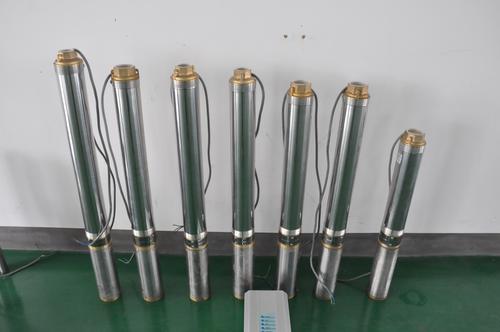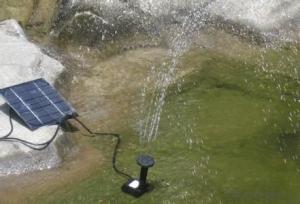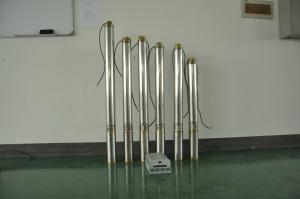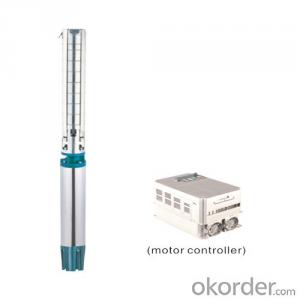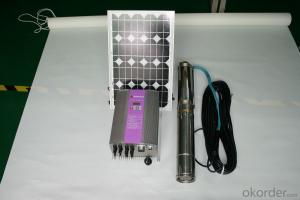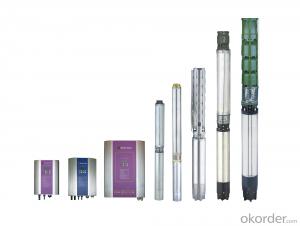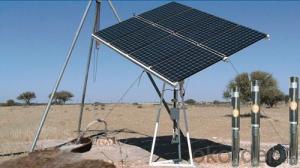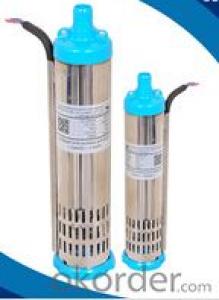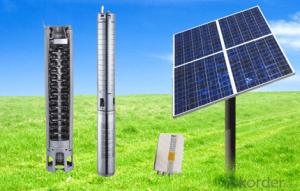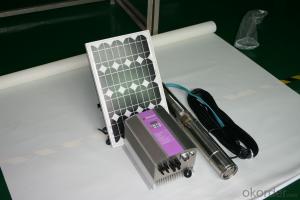Solar Pump for Ponds - Solar Irrigation Water Pump
- Loading Port:
- Shanghai
- Payment Terms:
- TT OR LC
- Min Order Qty:
- -
- Supply Capability:
- 300 set/month
OKorder Service Pledge
Quality Product, Order Online Tracking, Timely Delivery
OKorder Financial Service
Credit Rating, Credit Services, Credit Purchasing
You Might Also Like
how is the rotor made:
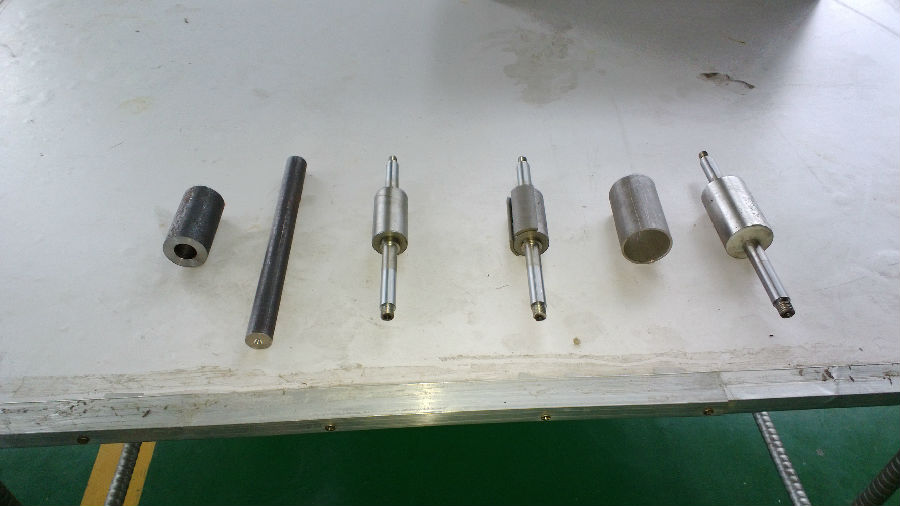
how is the motor made:
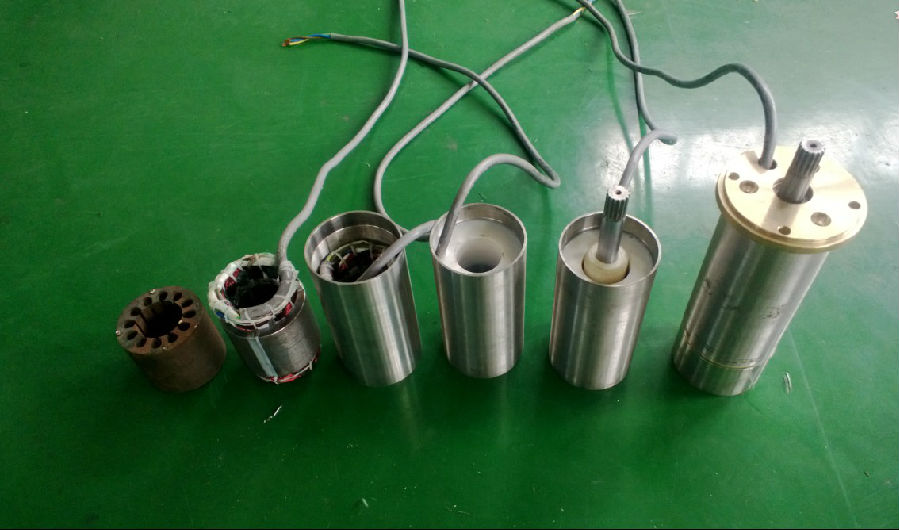
the pump :
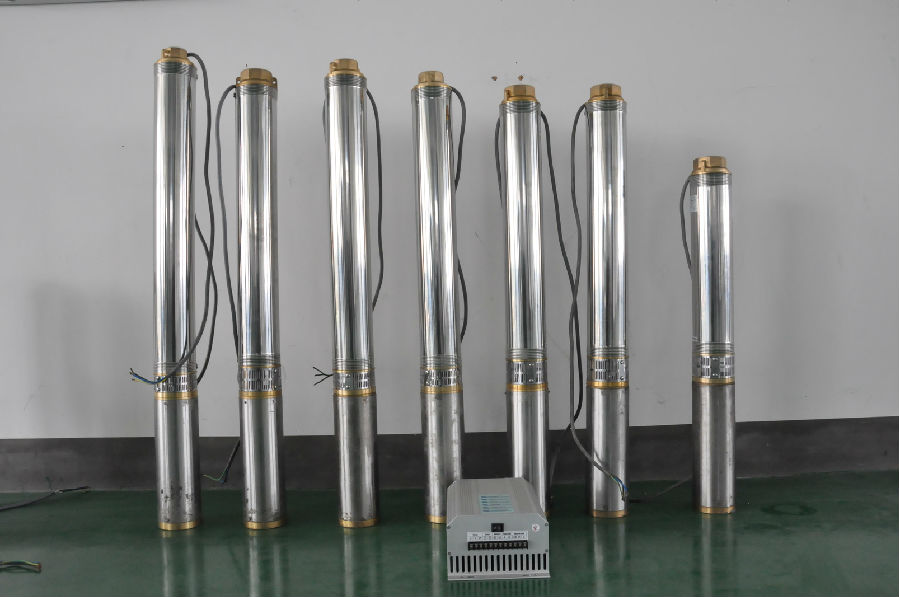
controller terminal connection:
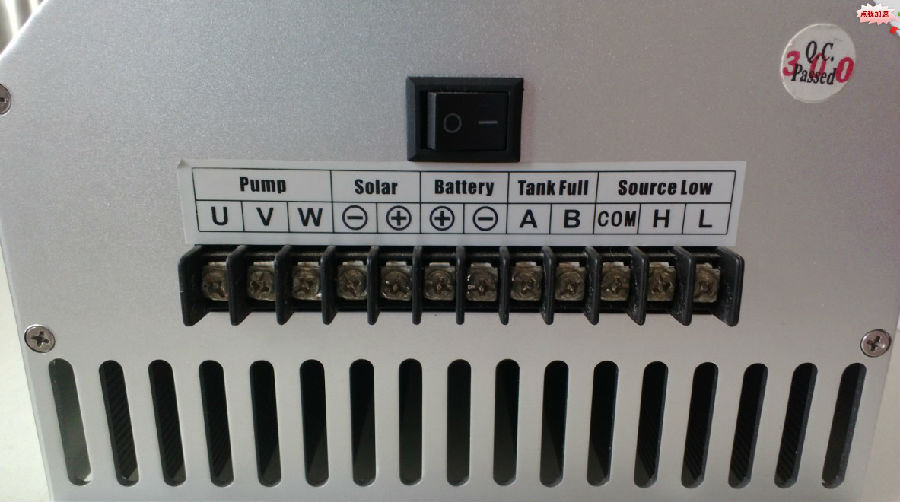
The permanent magnet:

the impeller:
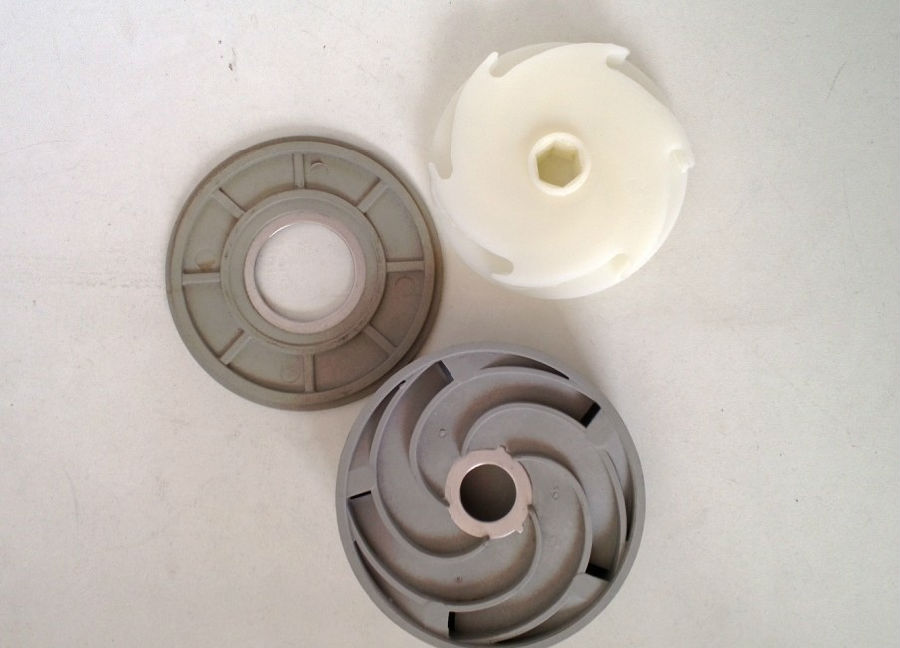
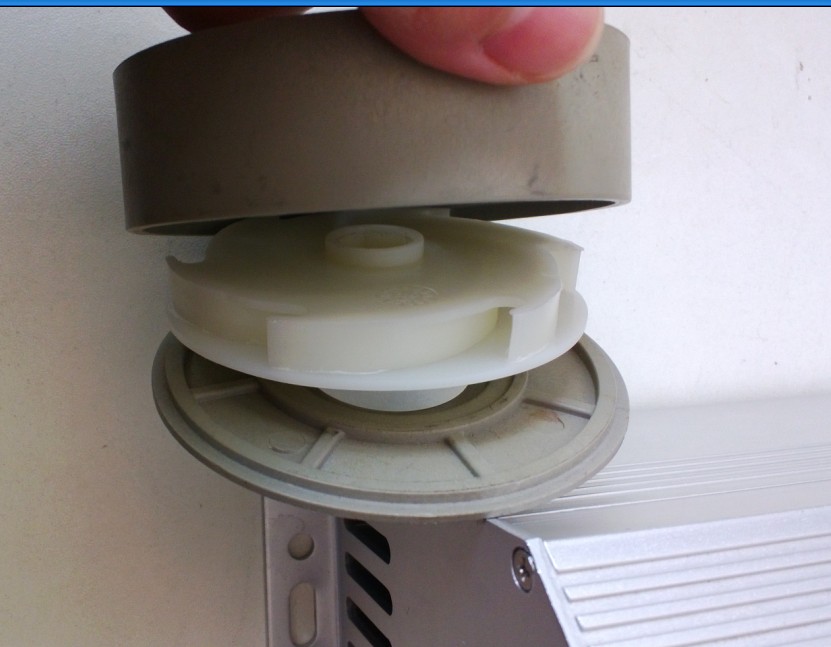
controller box:
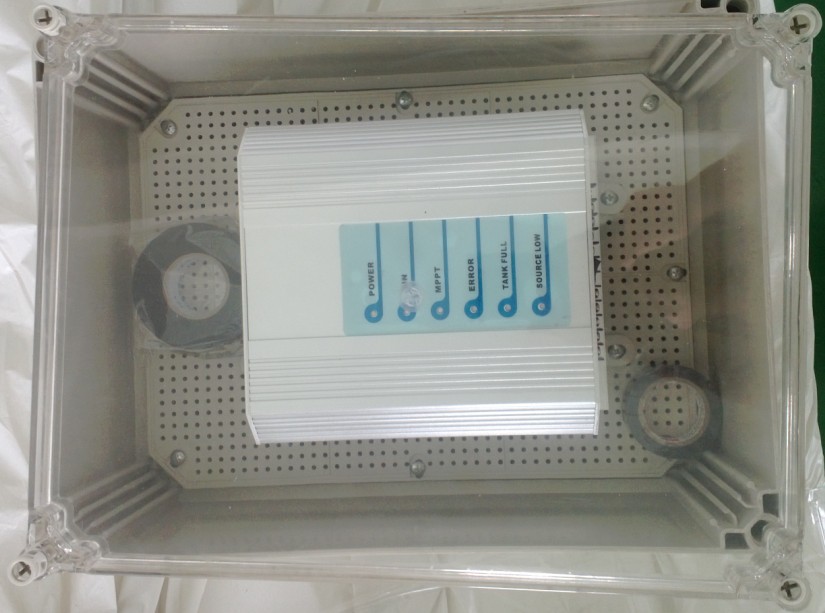
the senors:
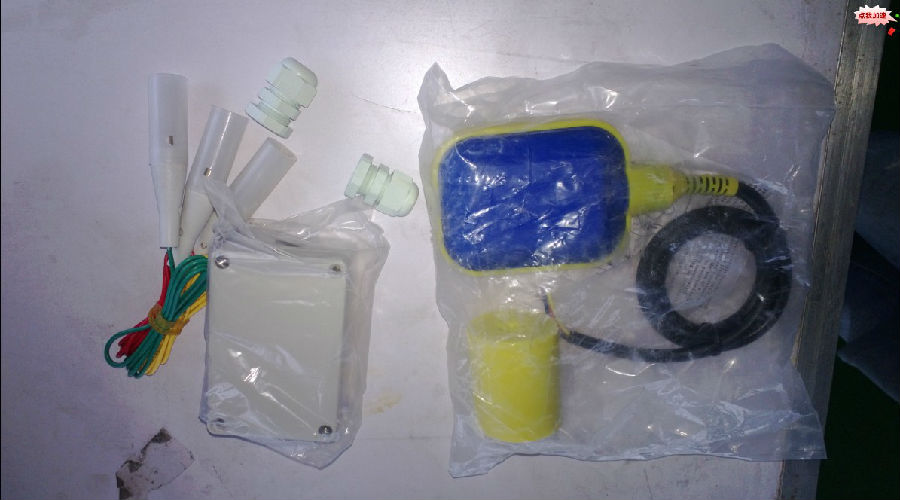
the test:
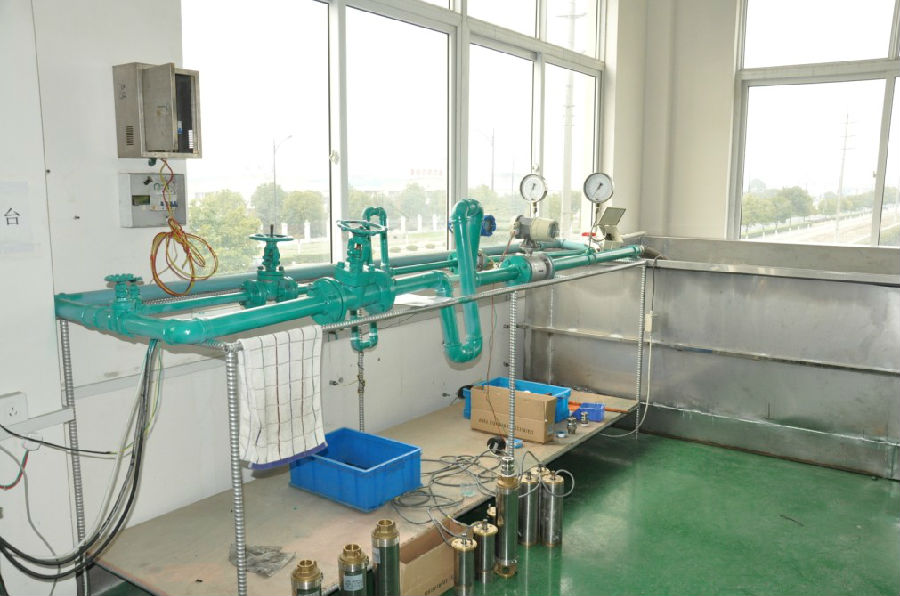
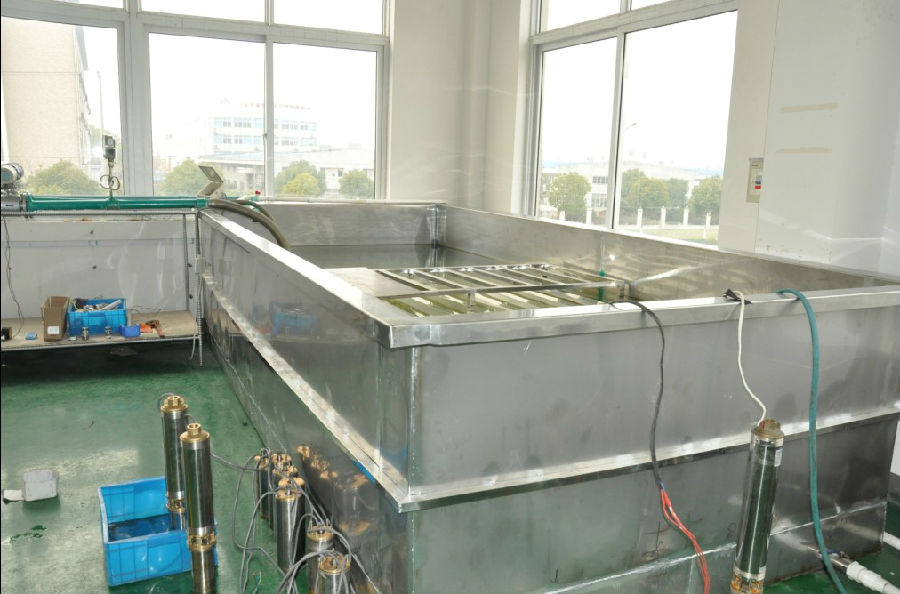
the application:
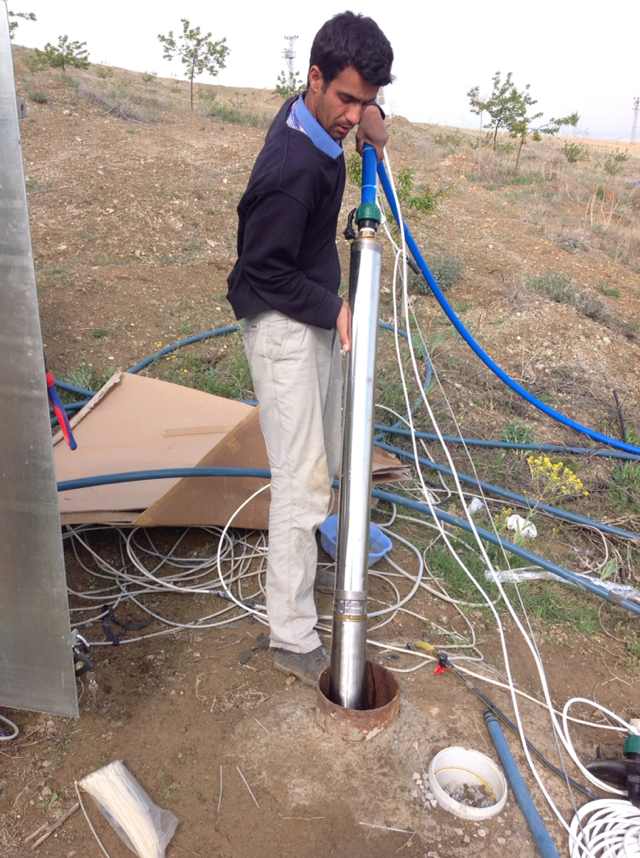
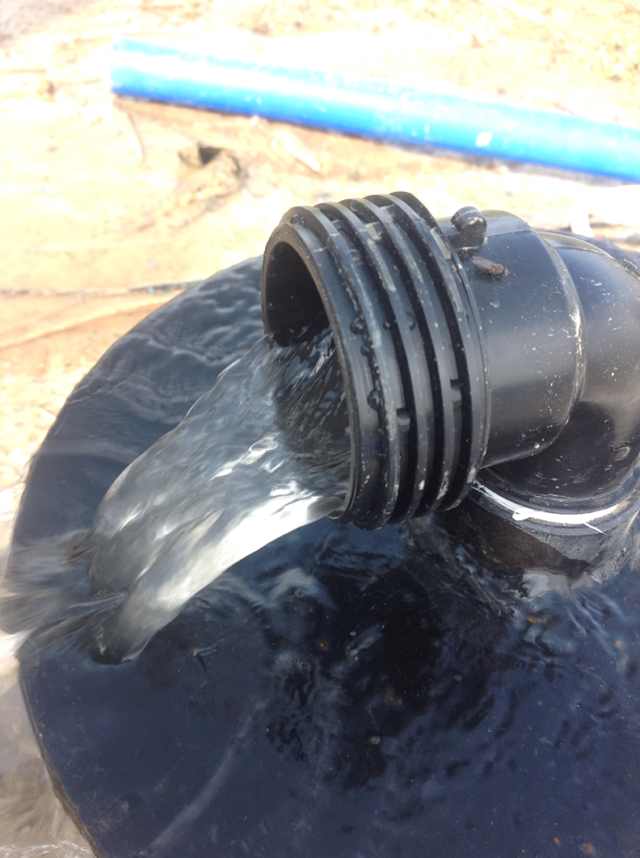
the package:
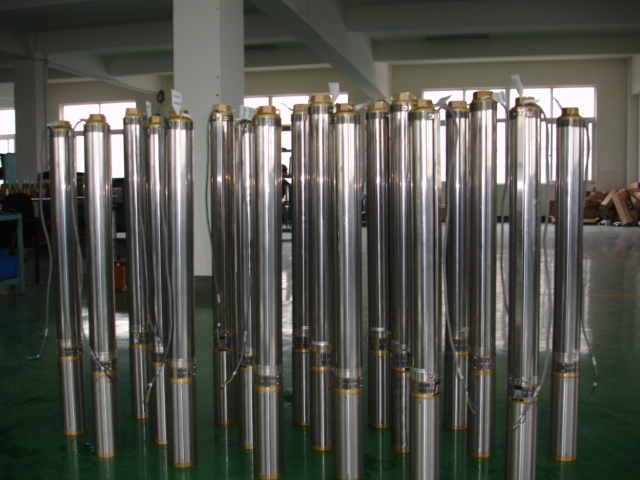
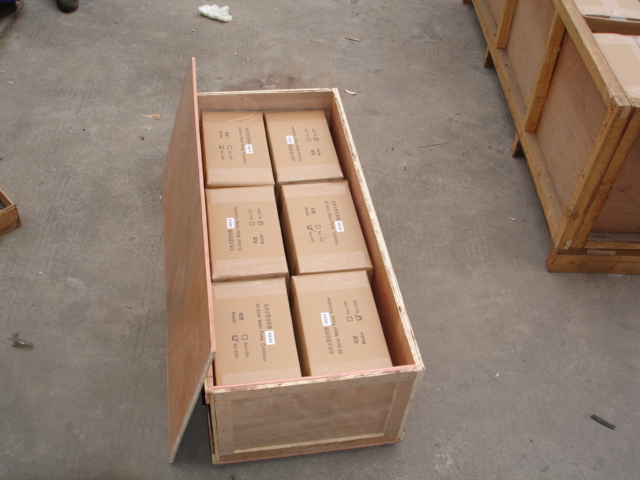
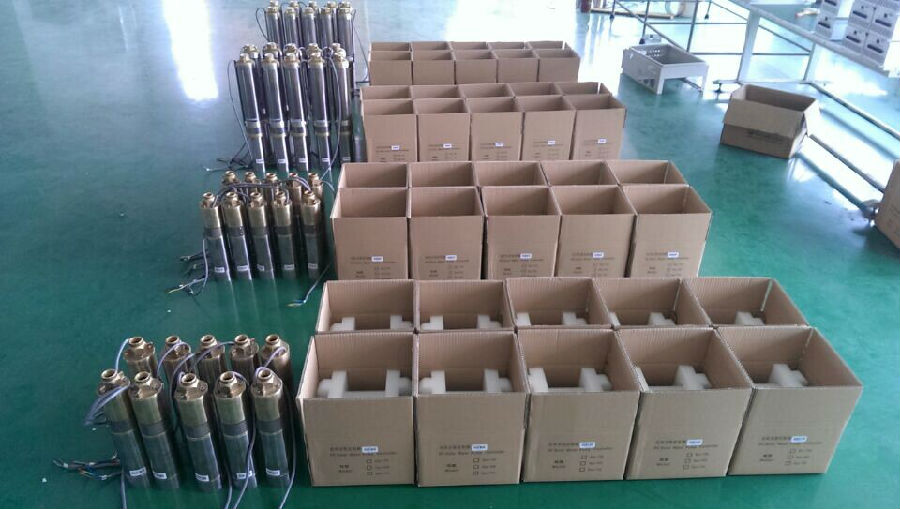
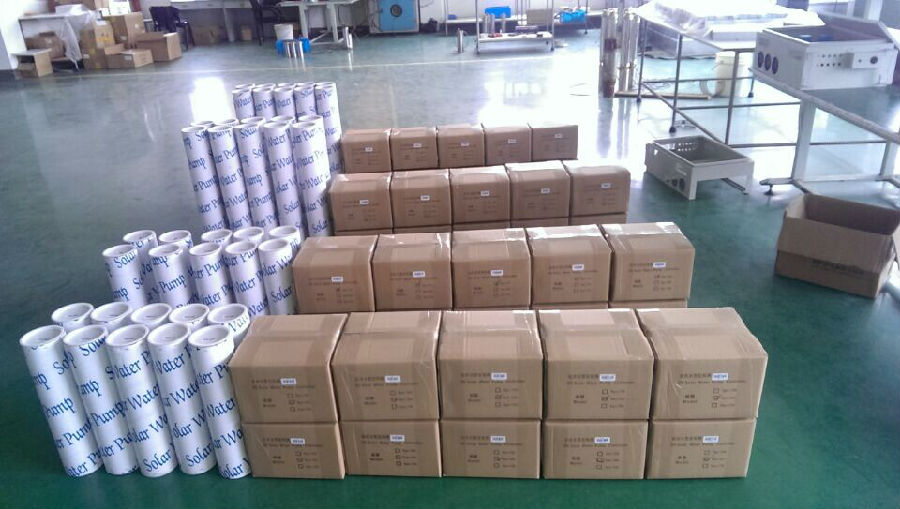

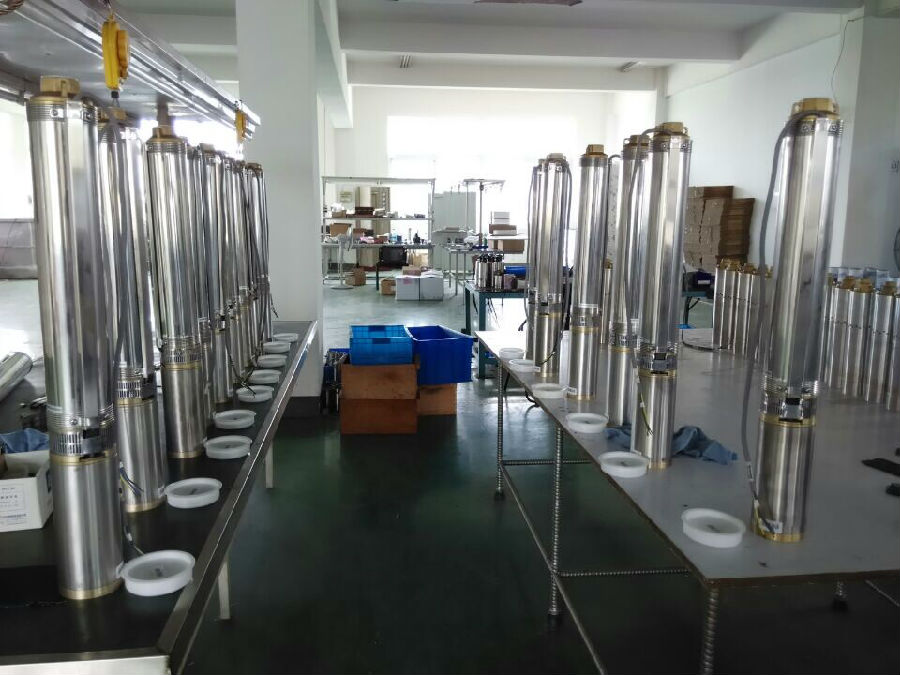
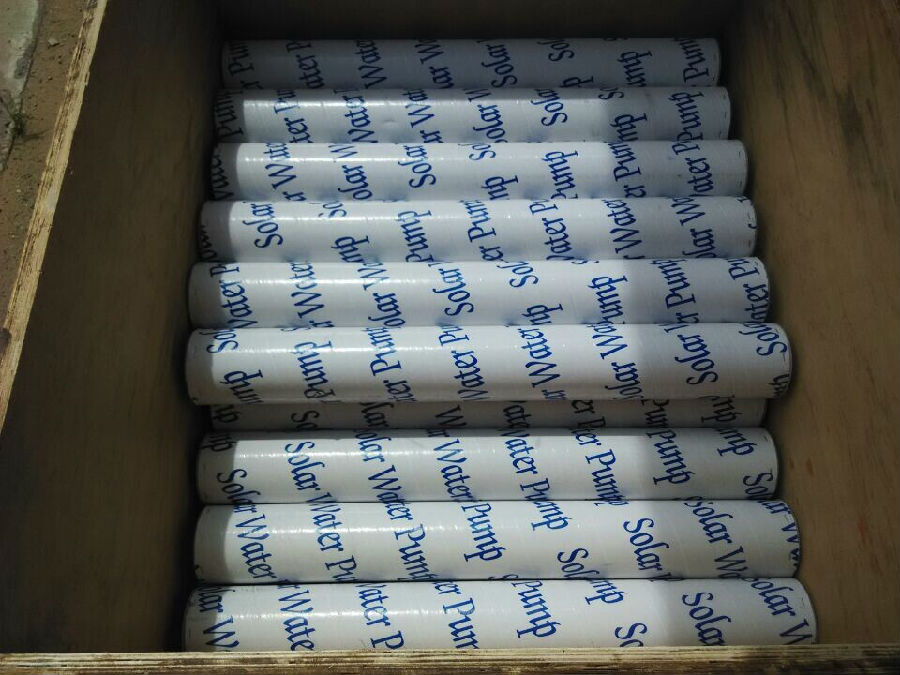
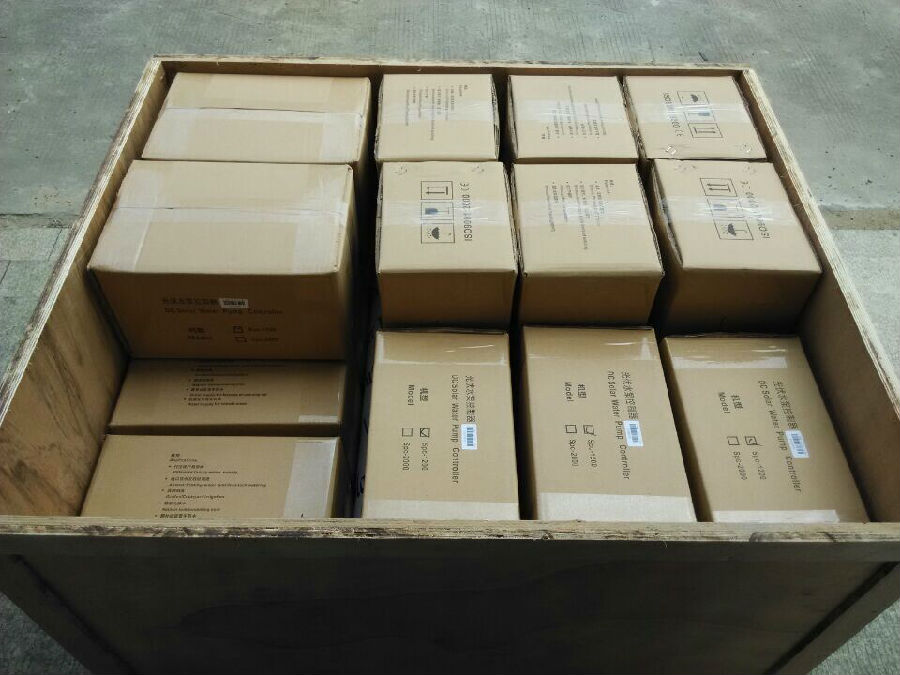
- Q: Can a solar pump be used for water supply in military camps or bases?
- Water supply in military camps or bases can be facilitated by the use of a solar pump. These pumps serve as an excellent alternative to traditional pumps that rely on electricity or fuel, as they harness the power of the sun. This makes them particularly suitable for remote locations like military camps or bases, where access to electricity or fuel may be limited or unreliable. Solar pumps function by converting sunlight into electrical energy, which is then utilized to operate the pump and extract water from sources such as wells or reservoirs. They are simple to install, require minimal maintenance, and have a long lifespan, making them highly compatible with military operations. The utilization of a solar pump for water supply in military camps or bases offers several advantages. Firstly, it diminishes reliance on external energy sources, which can be crucial in situations where supply lines are compromised or unreliable. Additionally, solar pumps contribute to environmental sustainability, as they do not emit greenhouse gases or contribute to air pollution. This aligns with the military's growing emphasis on sustainability and renewable energy. Moreover, solar pumps can be designed to function effectively even in harsh conditions, such as extreme temperatures or dusty environments, ensuring their durability and reliability in military settings. They can also be equipped with storage tanks to ensure a continuous water supply, even during periods of low sunlight or at night. In conclusion, a solar pump presents an effective and efficient solution for water supply in military camps or bases. Its reliance on renewable energy, ease of installation, low maintenance requirements, and ability to operate in various conditions make it a practical choice for fulfilling water needs in military operations.
- Q: Can solar pumps be used for water supply in construction sites or building projects?
- Yes, solar pumps can definitely be used for water supply in construction sites or building projects. Solar pumps are designed to operate using solar energy, which makes them ideal for remote locations or areas with limited access to electricity. They can efficiently pump water from sources like wells, rivers, or lakes, providing a reliable and sustainable water supply for various construction needs such as concrete mixing, dust control, or general site cleaning. Additionally, solar pumps are environmentally friendly and cost-effective, as they require minimal maintenance and have no fuel or electricity expenses.
- Q: Can a solar pump be used for water supply in remote mining sites?
- Yes, a solar pump can be used for water supply in remote mining sites. Solar pumps are powered by energy from the sun, making them a sustainable and cost-effective option for remote locations without access to electricity. They can efficiently extract and distribute water for various mining operations, ensuring a reliable water supply for workers, equipment, and other needs.
- Q: How does the performance of a solar pump vary with different solar panel orientations?
- The performance of a solar pump can vary significantly with different solar panel orientations. The orientation of the solar panels determines the amount of sunlight they receive, which directly impacts the efficiency and output of the pump. Optimal panel orientation ensures maximum exposure to sunlight throughout the day, resulting in higher energy production and better pump performance. Panels facing directly towards the sun, typically south-facing in the northern hemisphere and north-facing in the southern hemisphere, tend to yield the best results. Deviating from this ideal orientation can reduce the amount of sunlight reaching the panels, leading to decreased pump efficiency.
- Q: How does the installation cost of a solar pump compare to a traditional electric pump?
- Compared to a traditional electric pump, the installation cost of a solar pump is generally higher. This is because solar pumps require additional components like solar panels, inverters, and batteries, which can increase the overall installation expense. Furthermore, the complexity of installing a solar pump may necessitate specialized knowledge and expertise, adding further to the installation costs. In contrast, traditional electric pumps usually have a simpler installation process as they only require connection to the main electrical grid. The infrastructure for electric pumps is already established in most urban and rural areas, making the installation process more straightforward and cost-effective. Despite the higher installation cost, solar pumps offer numerous long-term benefits that can outweigh the initial expenditure. Solar pumps operate using renewable energy, significantly reducing or eliminating electricity bills, thus making them cost-effective in the long run. Additionally, solar pumps are eco-friendly and contribute to sustainable development by reducing carbon emissions and decreasing dependence on fossil fuels. Therefore, although the initial installation cost of a solar pump may be higher, the potential savings from reduced electricity bills and the environmental advantages make it a worthwhile investment in the long term.
- Q: Can a solar pump be used in off-grid locations?
- Yes, a solar pump can be used in off-grid locations. It relies on solar energy to power its operations, making it a suitable choice for areas without access to electricity. The solar panels collect energy from the sun, which is then converted into electricity to operate the pump. This makes it an environmentally friendly and cost-effective solution for pumping water in remote or off-grid locations.
- Q: Can a solar pump be used for irrigation in saline soils?
- Yes, a solar pump can be used for irrigation in saline soils. Solar pumps are efficient and can be used to pump water from a source such as a well or a reservoir, regardless of the soil's salinity. However, it is important to consider the potential impact of saline water on the plants being irrigated and take appropriate measures to manage the salinity levels in the soil to ensure optimal crop growth and health.
- Q: How does the altitude or elevation affect the performance of a solar pump?
- The altitude or elevation can have a significant impact on the performance of a solar pump. As the altitude increases, the atmospheric pressure decreases, resulting in lower air density. This decrease in air density affects the efficiency of the pump's motor and the overall performance of the system. One of the main factors affected by altitude is the pump's power output. As the air density decreases, the pump's motor requires more power to maintain the same level of performance. This can lead to a decrease in the pump's efficiency and ultimately affect the amount of water that can be pumped. Moreover, the decrease in air density due to higher altitudes also affects the heat dissipation of the solar panels. As the air becomes thinner, it becomes less effective in carrying away the heat generated by the solar panel. This can result in an increase in the operating temperature of the solar panel, which reduces its efficiency and can potentially damage the system. Additionally, the decrease in air density at higher altitudes can impact the performance of the pump's impeller. The impeller relies on air pressure to create the necessary suction force for water to be drawn into the pump. With lower air density, the impeller may not be able to generate the same level of suction, resulting in reduced water flow and pump performance. To overcome these challenges, it is crucial to consider the altitude or elevation when designing and selecting a solar pump system. It may be necessary to choose a pump with a higher power rating to compensate for the reduced air density. Additionally, proper ventilation and cooling mechanisms should be implemented to prevent overheating of the solar panels. In conclusion, the altitude or elevation significantly affects the performance of a solar pump. The decrease in air density affects the pump's power output, heat dissipation of the solar panels, and the performance of the impeller. Proper design and selection of the system components are essential to ensure optimal performance at higher altitudes.
- Q: Can a solar pump be used for livestock watering?
- Yes, a solar pump can be used for livestock watering. Solar pumps are an efficient and cost-effective solution for providing water to livestock in remote areas where electricity supply is limited or nonexistent. These pumps use solar energy to power the pumping mechanism, allowing them to draw water from a well, pond, or other water sources and provide it to the livestock. The use of solar pumps for livestock watering helps ensure a reliable water supply, reduces dependence on traditional energy sources, and promotes sustainable agricultural practices.
- Q: Can a solar pump be used for water supply in off-grid RVs?
- Yes, a solar pump can be used for water supply in off-grid RVs. Solar pumps use energy from the sun to power the pump and draw water from a source, allowing for a sustainable and independent water supply in remote locations or off-grid setups. This can be an efficient and eco-friendly solution for RV owners who want to have access to water without relying on traditional power sources.
Send your message to us
Solar Pump for Ponds - Solar Irrigation Water Pump
- Loading Port:
- Shanghai
- Payment Terms:
- TT OR LC
- Min Order Qty:
- -
- Supply Capability:
- 300 set/month
OKorder Service Pledge
Quality Product, Order Online Tracking, Timely Delivery
OKorder Financial Service
Credit Rating, Credit Services, Credit Purchasing
Similar products
Hot products
Hot Searches
Related keywords

